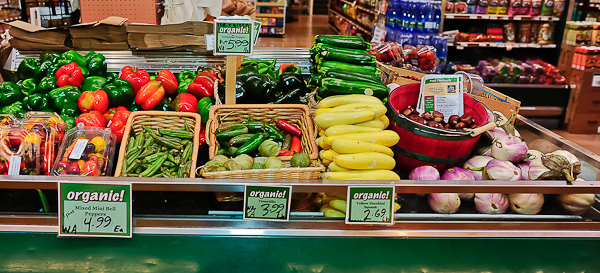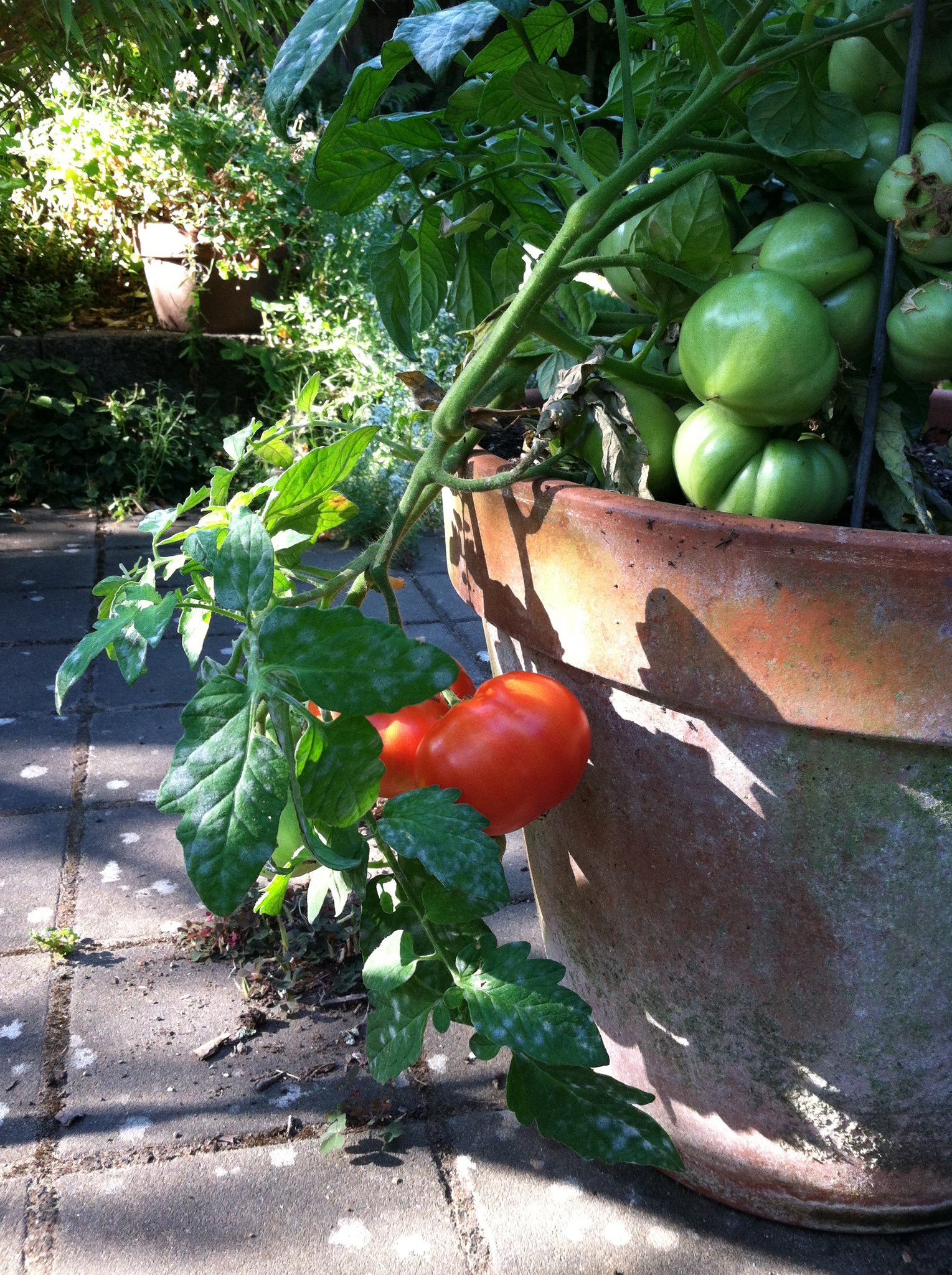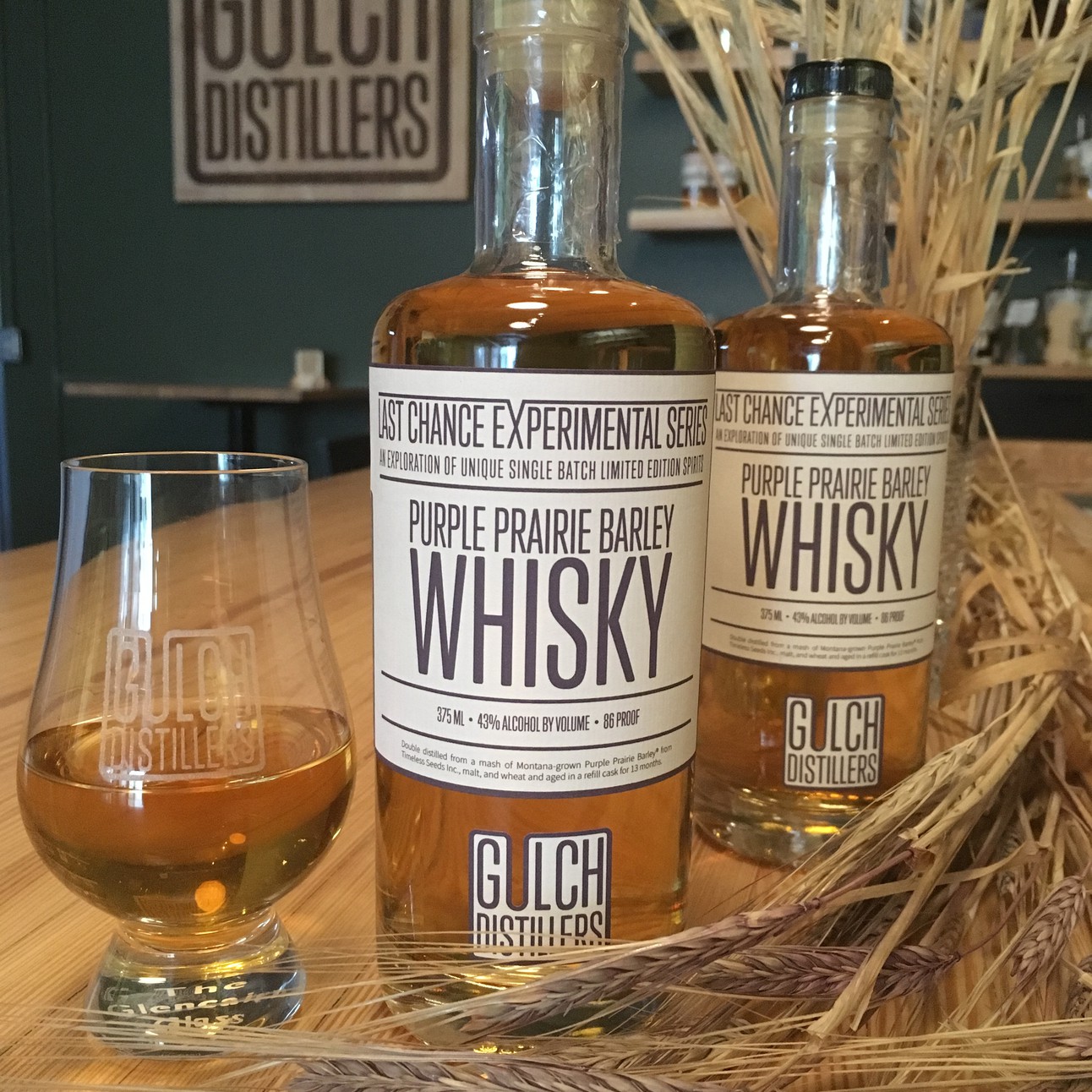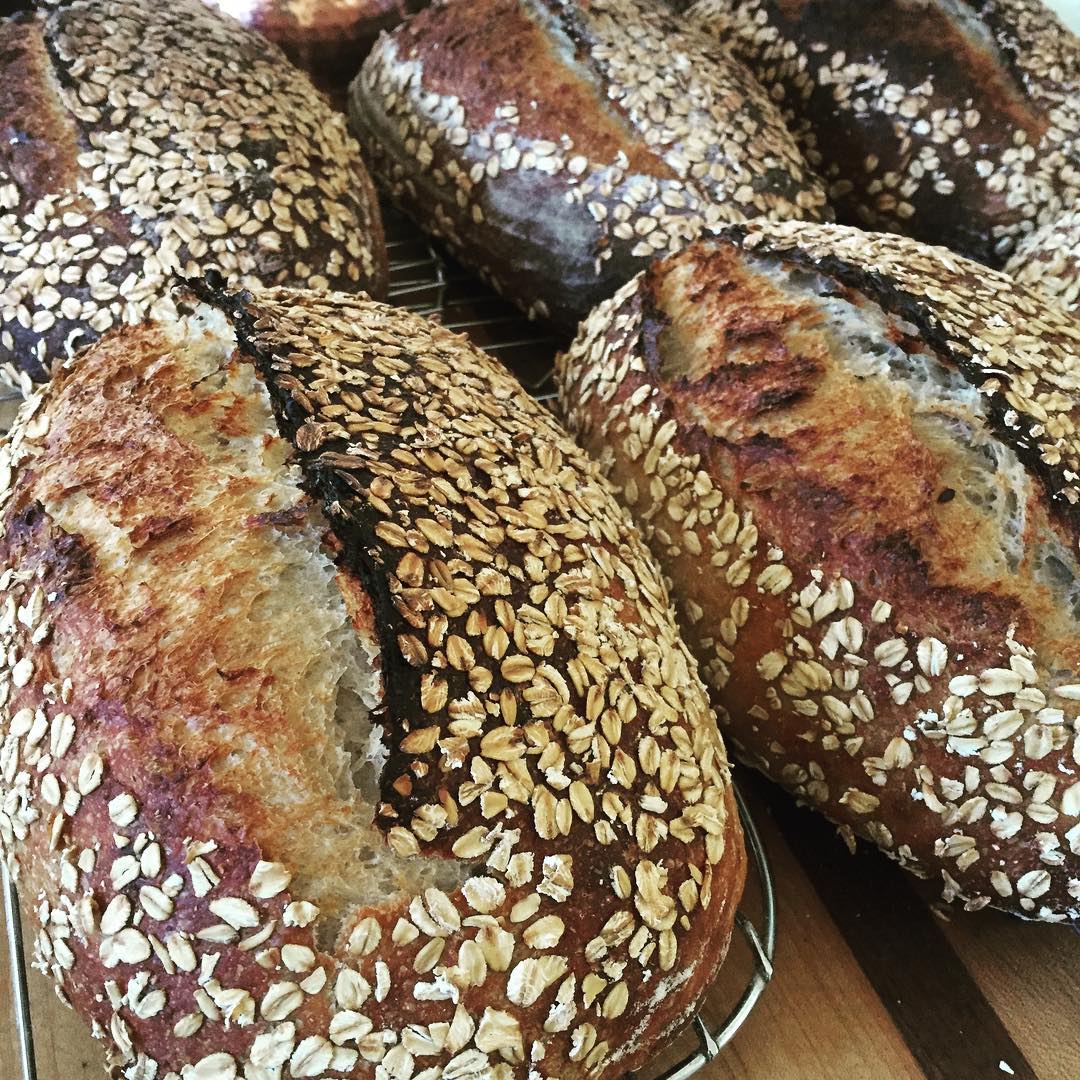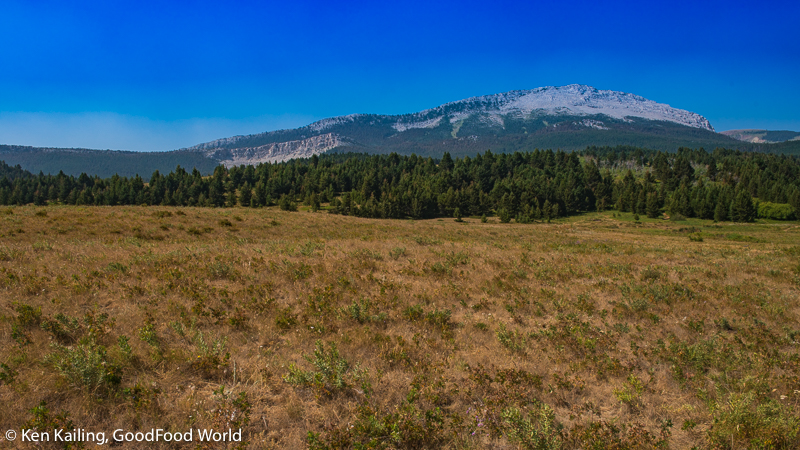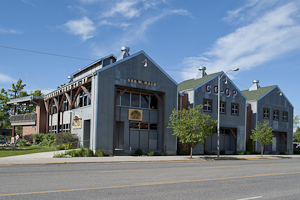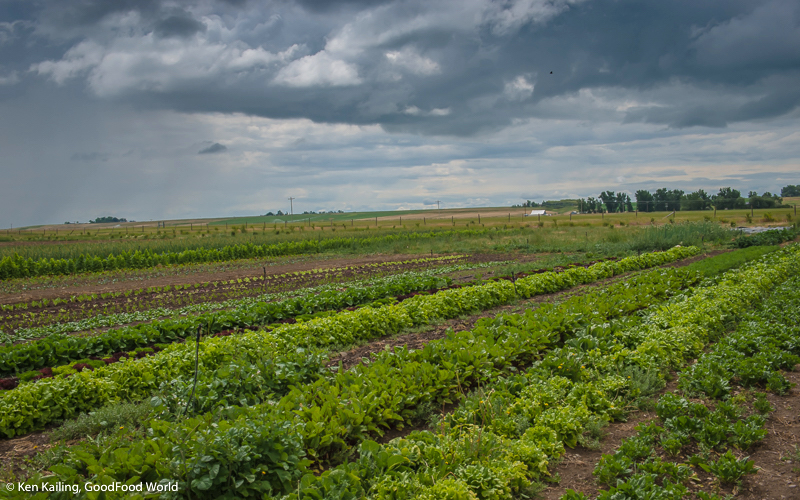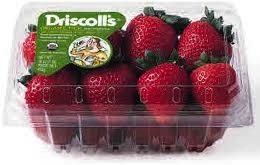Eat Well, Be Well: What We Eat and Who Supplies It
Supermarkets and big box stores offer nearly 50,000 – or more – products for us to choose from to feed ourselves and our families. A nation-wide analysis of U.S. grocery purchases revealed that highly processed foods make up more than 60 percent of the calories in food we buy, and these items tend to have more fat, sugar and salt than less-processed foods.
If we don’t understand the high cost of bad food – to ourselves, our families, our communities, and our economy – we will see life expectancy shorten, chronic diseases increase, and healthcare costs continue to spiral. Selecting locally grown and minimally processed food items – good food – can mean more healthful and nutritious food on your plate.

